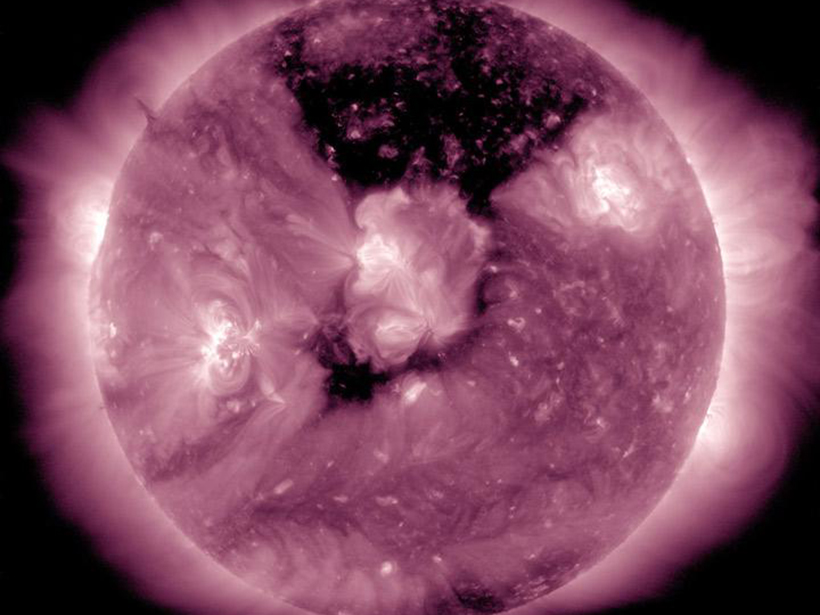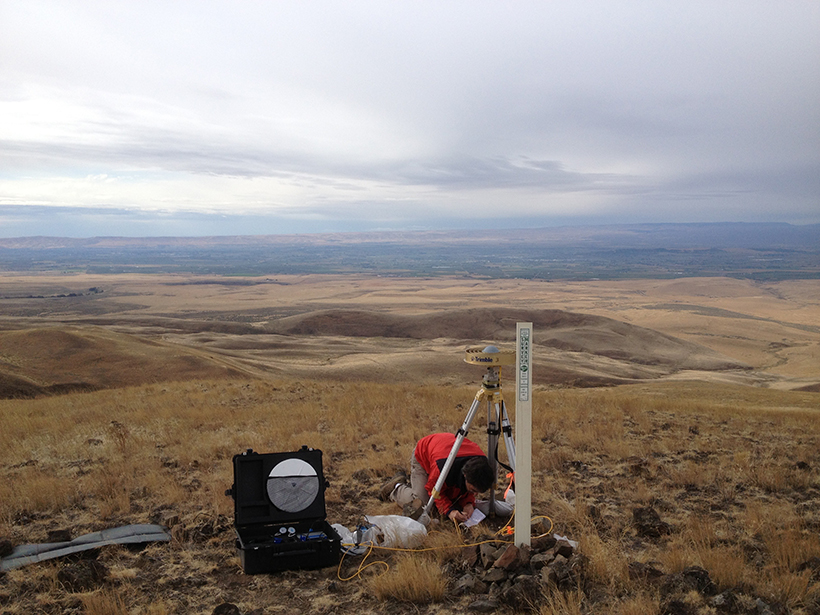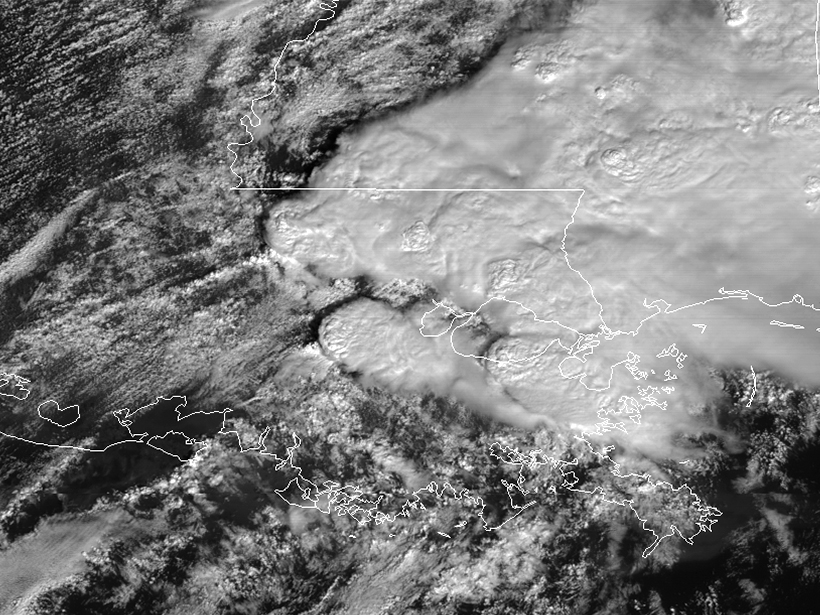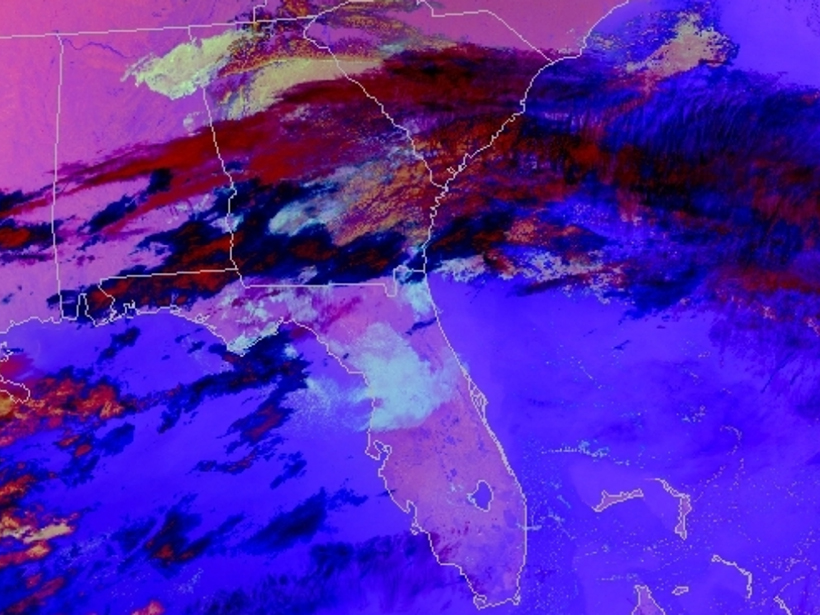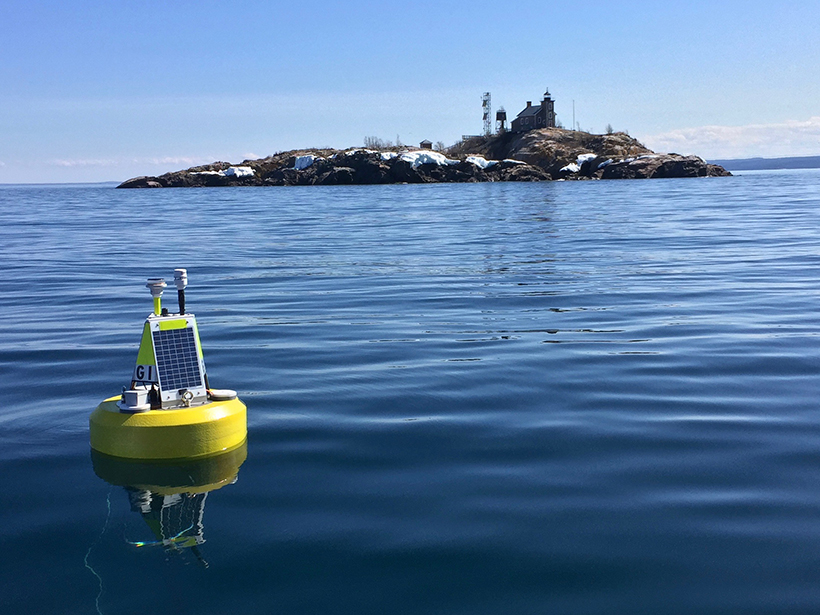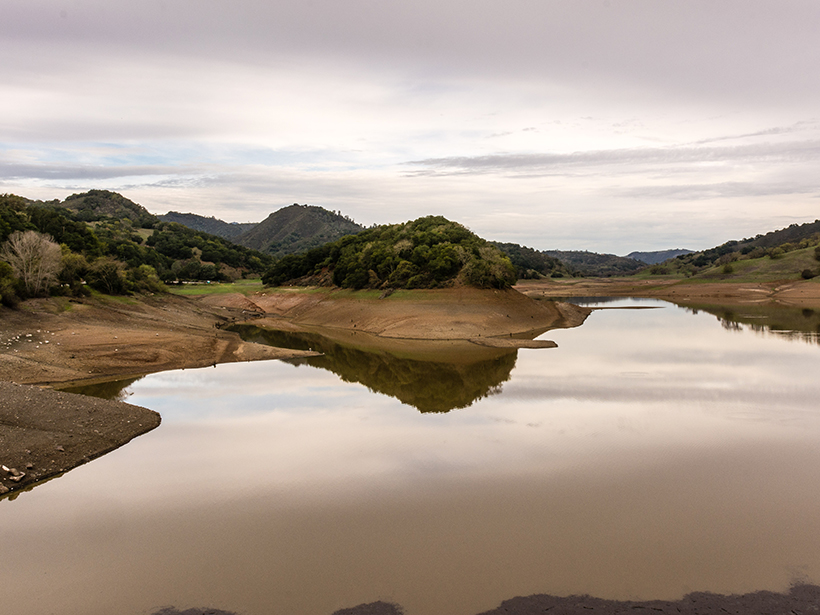In forecasting the effects of solar storms, understanding how they subside—and not just how they arrive—will be crucial.
forecasting
Sun Glitter Provides a Detailed Map of Ocean Waves
European scientists use satellite sensors to detect light reflected off waves at the ocean's surface, which could help improve wave forecasts.
Using Strain Rates to Forecast Seismic Hazards
Workshop on Geodetic Modeling for Seismic Hazard; Menlo Park, California, 19 September 2016
A Two-Way Relationship Between the Atlantic and Pacific Oceans
Researchers have uncovered a new connection between sea surface temperatures in the Atlantic and tropical cyclones in the eastern Pacific that could improve accuracies of future cyclone forecasts.
NOAA Video Shows Satellite Views of Louisiana Tornadoes
Real-time updates of storms will help forecasters track and predict where the most damage could occur.
Transforming Satellite Data into Weather Forecasts
A NASA project spans the gap between research and operations, introducing new composites of satellite imagery to weather forecasters to prepare for the next generation of satellites.
When Might the Campi Flegrei Caldera Erupt Again?
The clock may be ticking for Italy's Campi Flegrei caldera, a region with a pattern of numerous and sometimes large explosive eruptions. The next explosion could be less than 100 years away.
Predicting a Great Lake's Response to a Warm Winter
The Superior Challenge Summit: Forecasting El Niño's Impact on the World's Largest Lake; Ann Arbor, Michigan, 17–19 May 2016
U.S. Winter Outlook Sees No Drought Relief
A weak La Niña is expected to further dry out southwestern and Gulf Coast states.
How Vague Historical Writings Help Scientists Predict Floods
By including imprecise historical written records in their calculations, researchers were able to decrease uncertainty in estimations of future flood frequency.

